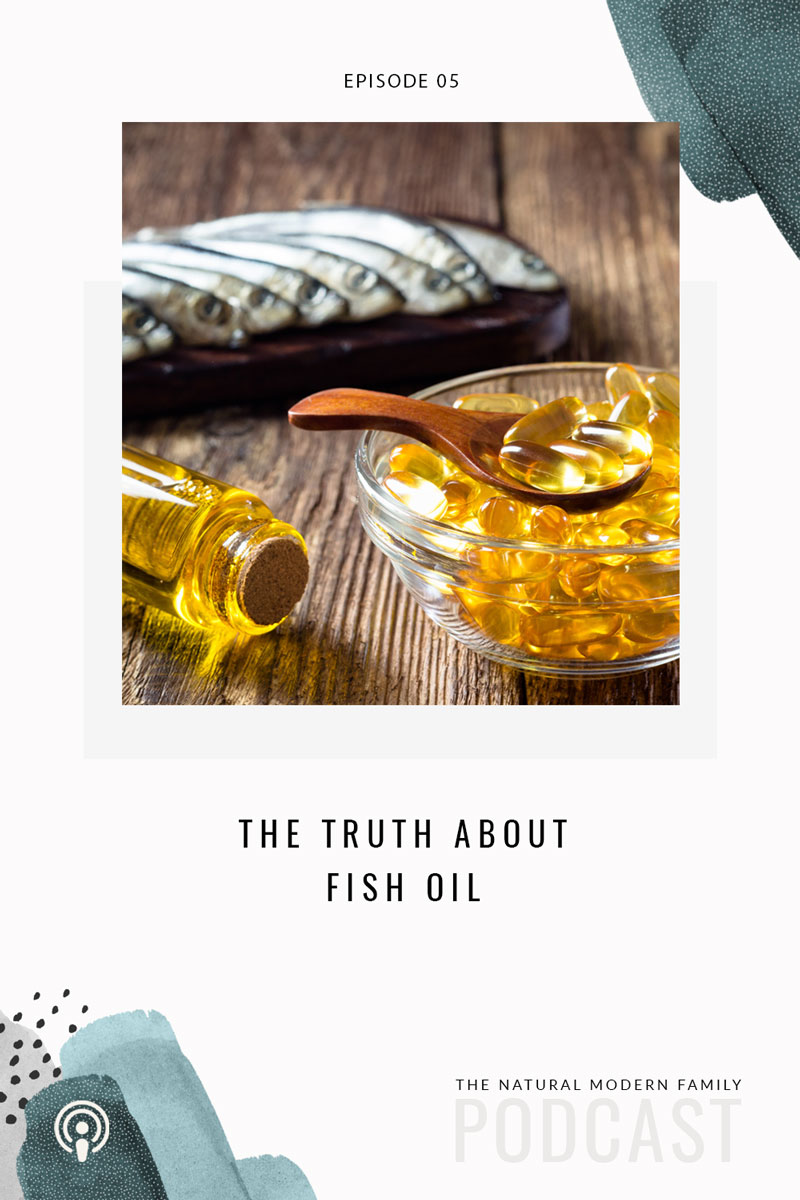EPISODE NOTE: In the beginning of episode 04, Dr. Jones mentions Omega 6 as ALA. He meant to say LA (Linoleic Acid) and ARA (Arachidonic Acid).
We all want the best hair, skin, and nails. We want a high-functioning brain, a slim waist, and a healthy heart. We want it all and we want it as fast as possible—so, we’re fed what seems like promising quick fixes.
Fish oil supplements are an example of a potentially dangerous fad that’s not explored entirely. They’re advertised as a simple and effective way to protect the heart, improve mental health, reduce inflammation, and lengthen life–so it makes sense why American’s spend more than $1 billion a year on fish oil supplements.
In this episode, we’re going to deep dive into fish oil and talk about why it’s not the cure-all it’s advertised to be–and whether or not you should be taking it.
OMEGA 6:3 RATIO
We need to be consuming both omega-3s and omega-6s–but at a healthy balance. When omega-6 starts dominating, omega-3 can’t work well and that’s when we get inflammation.
In the average Western diet, we’re consuming way more omega-6 than omega-3. Omega-6 is found in tons of sources like vegetable oils and even health bars!
When our omegas are in a healthy balance, we’ll have a 2:1 or even 4:1 ratio for omega-6 and omega-3. What we’re seeing now is as high as 12:1 and 20:1! So how do we fix it?
TRADITIONAL THOUGHT
The traditional thought was that fish oil had the ability to decrease heart disease and inflammation. And while there are studies that show benefits of reducing heart disease, there are also studies that show it doesn’t and can even cause more harm than good. The in-favor research was missing a piece of the puzzle: the quality of the fish oil.
Most fish oil products on the market are rancid. When producing a good fish oil supplement, gentle processing is necessary. Fish oils are delicate and prone to which means that they are prone to oxidation very easily. When you take a rancid supplement, it will create inflammation and free radicals in the body.
An immediate red flag when purchasing fish oil is storage. If the fish oil is not refrigerated there’s a good chance it’s rancid.
We’re not demonizing fish oils; there are some benefits when you find a quality company. When looking for fish oil supplements make sure they are produced from low mercury fish, cleared for contaminants and refrigerated!
Fish oil should not be used as a crutch or cure-all (can’t eat McDonald’s and think that fish oil is going to save you). It’s important to get omega-3s from food sources first like fresh, low-mercury fish, wild-caught alaskan salmon, chia seeds, pumpkin seeds, and walnuts.
Featured in this episode…
Should You Really Be Taking Fish Oil Article
The Reason Why Fish Farms Are Bad for The Environment and Your Health





READ the Latest
Health Habits
Longevity
Health Habits
Health Habits